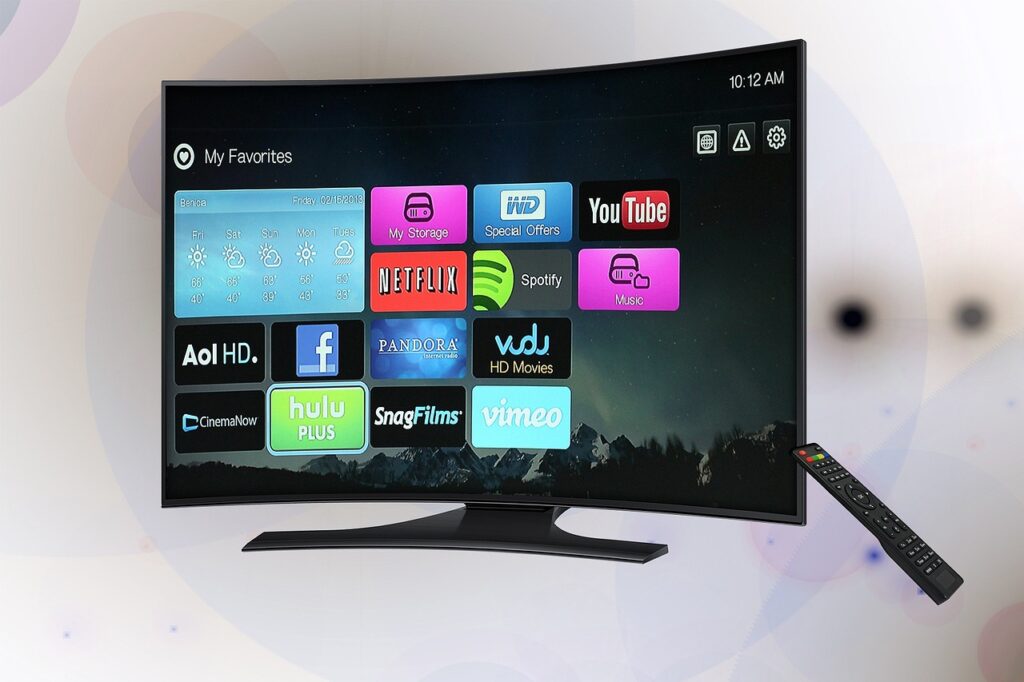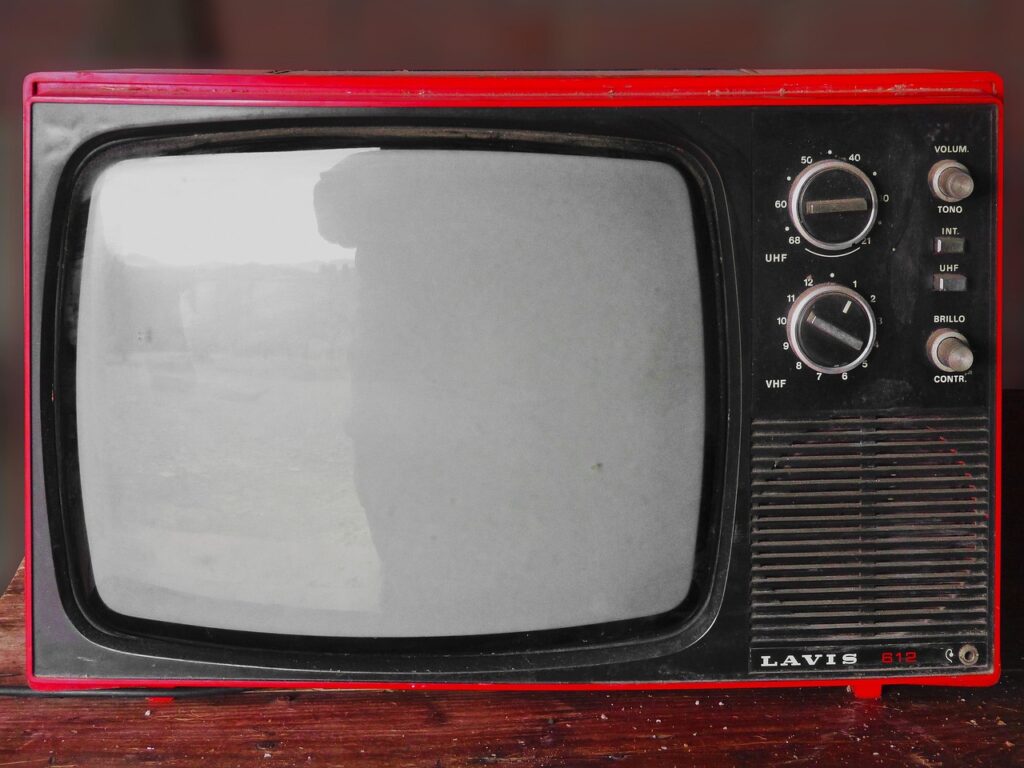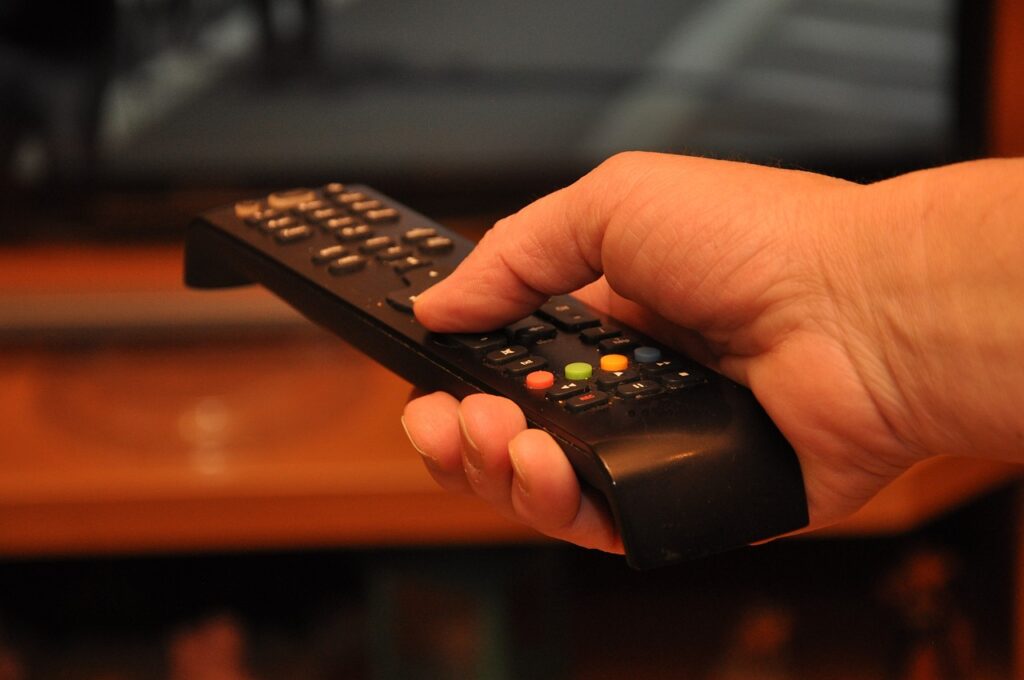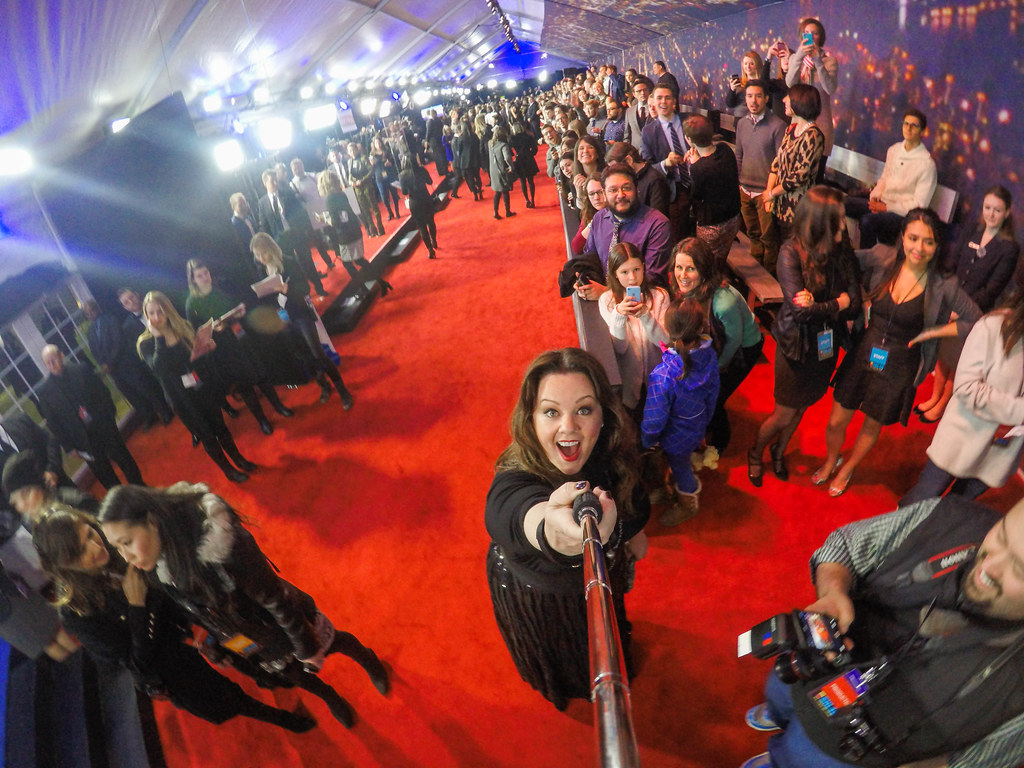
The dynamic world of late-night television, a nightly refuge for laughter, sharp commentary, and comforting familiarity, has recently been rocked by an unprecedented series of events. This year, from shocking cancellations to abrupt suspensions, the landscape of weeknight comedy programs is experiencing a dramatic upheaval. It’s a time of profound change, confusion, and passionate reactions, reminding us that late-night is far more than mere entertainment; it’s a crucial part of our ongoing cultural dialogue, and its disruptions resonate deeply.
Imagine the surprise and concern of loyal viewers as their favorite hosts announce the end of their shows, or worse, find their programs suddenly pulled from the airwaves. This isn’t a hypothetical scenario but the stark reality that has unfolded for two of television’s most prominent figures: Stephen Colbert and Jimmy Kimmel. Their individual predicaments, though stemming from different immediate causes, vividly expose the intense pressures and complex power dynamics at play within the media industry, especially where political narratives and financial imperatives clash spectacularly.
This in-depth article will meticulously examine the major events reshaping late-night TV in 2025. We’ll dissect the decisions, the controversies, and the fervent responses from hosts, networks, and influential political figures. We delve into the immediate aftermath of these bombshell announcements, exploring corporate justifications, surprising triumphs, and the intricate web of relationships that ultimately determine what graces our screens each night. Prepare to uncover the drama unfolding behind the polished desks and witty monologues.
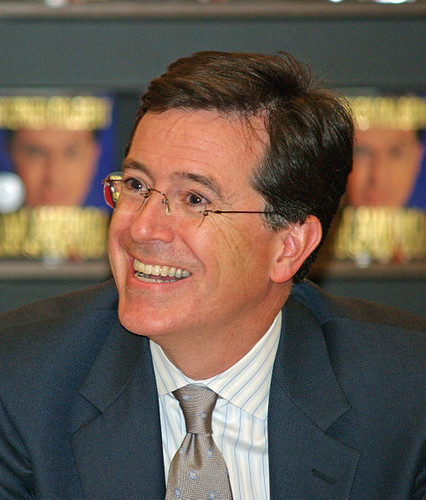
1. **Stephen Colbert’s Cancellation and Its Aftermath**:On July 17, Stephen Colbert, the beloved host of CBS’s “The Late Show,” delivered a surprising and heartfelt announcement: his program would conclude in May 2026. Colbert, 61, stated on air, “Next year will be our last season, the network will be ending The Late Show in May,” prompting boos from his studio audience, to which he acknowledged, “I share your feelings.” He clarified that it marked not just his show’s end but “the end of The Late Show on CBS,” confirming he wouldn’t be replaced, and expressing gratitude to CBS and his global audience.
This news immediately triggered a wave of reactions, particularly from his comedic peers. Just days after the announcement, an extraordinary display of solidarity unfolded on Colbert’s show, with “a slew of comedy’s biggest stars” filling the audience. Competing hosts like Jimmy Fallon, Seth Meyers, John Oliver, and Jon Stewart, alongside figures such as Adam Sandler, converged at the Ed Sullivan Theater. This unprecedented gathering was a powerful collective statement against CBS’s decision, transforming a potentially somber occasion into a vivid testament to the deep camaraderie within late-night television.
The star-studded event, featuring “Weird Al” Yankovic and Lin-Manuel Miranda performing Coldplay’s “Viva la Vida” with playful jabs at a corporate scandal, highlighted the shared respect and affection for Colbert. As cameras captured icons like Andy Cohen, Anderson Cooper, Fallon, and Meyers, the skit culminated with an animated President Trump holding a Paramount sign, satirizing the corporate entity at the heart of the cancellation. This show of unity and humor underscored the significant impact of Colbert’s show and the collective dissent among his peers regarding its abrupt ending, signaling a broader concern for the future of the genre.
2. **CBS’s Stated Reasons: “Purely Financial” or Something More?**:Following Colbert’s bombshell announcement, CBS quickly issued a statement attributing the cancellation of “The Late Show” to “financial” reasons, claiming it was “unrelated in any way to the show’s performance, content or other matters happening at Paramount.” George Cheeks, co-chief executive of CBS parent company Paramount, reiterated this, emphasizing it was “purely a financial decision against a challenging backdrop in late night,” distinct from the show’s content or other Paramount issues.
However, Colbert himself openly questioned this narrative in his monologue, humorously declaring, “Cancel culture has gone too far,” before diving into the financial specifics. He noted the show’s reported annual loss of “upwards of $40 million” from a “steep $100 million budget.” With a pointed jab, he asked, “where would Paramount have possibly spent the other $16 million? Oh yeah,” referencing a $16 million settlement Paramount brokered with Trump over a “60 Minutes” interview, implying a political connection to the decision.
This thinly veiled criticism of Paramount’s settlement with President Trump, combined with the cancellation announcement coming just three days after Colbert publicly criticized the company, fueled widespread speculation. The context further complicated matters: Paramount was actively pursuing an $8 billion merger with Skydance Media, which required approval from the Trump administration. This situation led many, including Jon Stewart, to suggest that the cancellation might have been influenced by corporate efforts to appease political forces, rather than being “purely financial.”
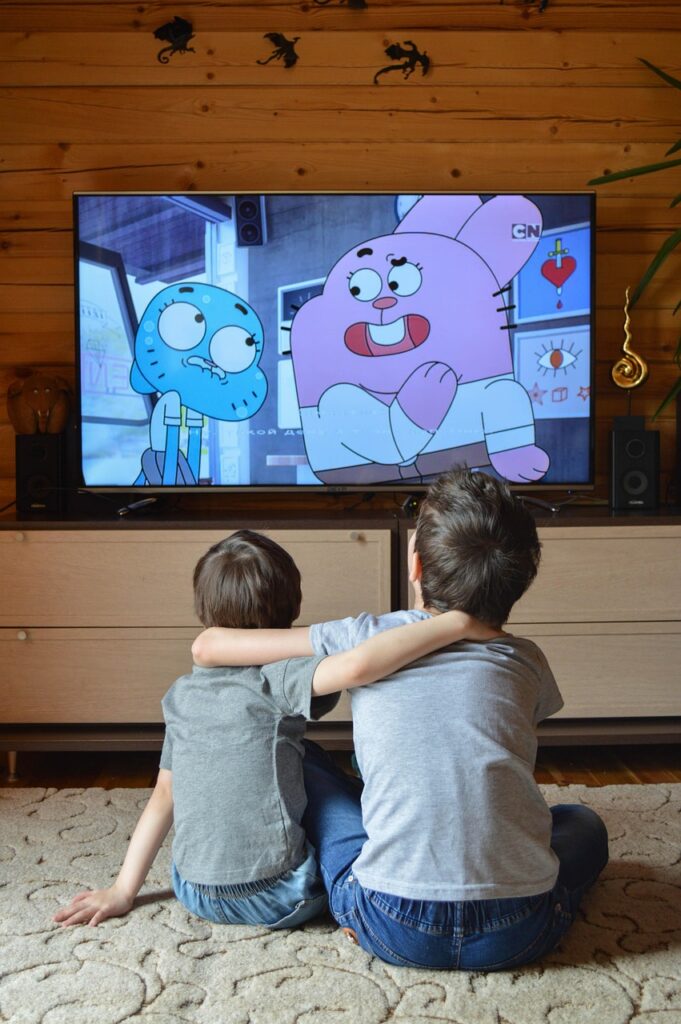
3. **The Unlikely Emmy Win: A Bittersweet Triumph for Colbert**:In a truly poignant twist, Stephen Colbert and his team achieved a significant victory at the 2025 Emmy Awards on Sunday, September 14, just weeks after the shocking news of “The Late Show’s” impending cancellation. They finally secured the coveted award for Outstanding Talk Series for the very first time, an honor that had eluded them despite numerous nominations over the past decade. This triumph, under the shadow of the show’s announced end, transformed a moment of celebration into a deeply reflective occasion about its legacy.
The Emmys ceremony saw the crowd erupt in chants of Colbert’s name as he accepted the trophy, a powerful testament to his enduring impact. His acceptance speech was both grateful and insightful, capturing the complex emotions of the moment. He shared a profound observation: “Sometimes you only truly know how much you love something when you get a sense that you might be losing it,” reflecting on his intense dedication to his show and his country during this challenging period.
Speaking backstage, Colbert affirmed his unwavering commitment to “The Late Show” for its remaining run. He expressed his desire to “savor every day of it” and “land this plane absolutely beautifully,” ensuring a strong finish. This Emmy win, therefore, became more than just an accolade; it served as a powerful motivation for Colbert and his team to deliver an unforgettable final act, solidifying their mark on late-night television amidst the impending farewell.
4. **Jimmy Kimmel’s Abrupt Suspension and the Charlie Kirk Controversy**:Just days after the Colbert news, ABC unexpectedly pulled “Jimmy Kimmel Live!” off the air indefinitely, effective Wednesday, September 17. This swift decision followed intense backlash over comments Kimmel made regarding the late conservative commentator, Charlie Kirk. The abrupt pre-emption of one of television’s most popular shows immediately ignited public debate on freedom of speech, network authority, and the potent influence of political pressure in media.
The catalyst for ABC’s drastic move was a reported threat from Nexstar Media, and other affiliates like Sinclair, to preempt Kimmel’s show across its multiple stations. These combined actions by approximately a quarter of ABC’s affiliates created significant gaps in Kimmel’s national broadcast, particularly in major markets such as Washington, D.C., and Seattle. This collective challenge highlighted the considerable power wielded by local station groups and the critical impact on the network’s reach and advertising revenue.
Kimmel’s controversial remarks, made during a September 15 monologue, addressed the tragic shooting death of Charlie Kirk. He stated, “The MAGA Gang [is] desperately trying to characterize this kid who murdered Charlie Kirk as anything other than one of them and doing everything they can to score political points from it.” This commentary, perceived as inflammatory by some, immediately triggered a furious response from conservative circles, ultimately leading to ABC’s decision to suspend the show.
Read more about: The Unseen Fissures: Unpacking the Hidden Dramas and Unexpected Controversies Behind Celebrity Family Feud’s Enduring Appeal

5. **The Network-Affiliate Standoff: Nexstar & Sinclair’s Role**:The suspension of “Jimmy Kimmel Live!” quickly escalated into a complex standoff between ABC and its affiliated stations, notably those owned by Nexstar Media Group and Sinclair. These two major station owners, collectively representing about a quarter of ABC’s affiliates, maintained their preemption of Kimmel’s show even after ABC lifted its network-wide suspension. This created significant “large holes in the clearance map,” impacting viewers in dozens of markets and showcasing the substantial influence of local station groups.
Nexstar and Sinclair’s actions were seen as politically motivated, with the station owners citing concerns about Kimmel’s comments on Charlie Kirk’s death. They aimed to ensure the program “reflects and respects the diverse interests of the communities we serve,” a stance widely interpreted as an effort to “curry favor with the Trump administration” as Nexstar pursued a major merger. This dispute illuminated how “political divisions have seeped their way into something that has been…a relatively orderly business.”
The financial repercussions for ABC were considerable, as “Jimmy Kimmel Live!” had generated $70 million in advertising revenue in 2025. The diminished national reach due to the blackouts directly impacted both ad revenue and the show’s crucial promotional value for Disney’s wider operations. This standoff underscored the vulnerabilities of traditional broadcast models in an era marked by heightened political polarization and rapid corporate consolidation, with Kimmel’s show caught in the crossfire of evolving power dynamics.
6. **President Trump’s Ongoing Feud with Late-Night Hosts**:President Donald Trump has a well-established and long-running feud with late-night TV hosts, frequently using their shows as targets for criticism. This adversarial relationship significantly intensified amidst the recent late-night shakeups, with Trump eagerly weighing in on the cancellations and suspensions through highly critical social media posts, adding a distinct political layer to the unfolding drama.
Trump openly celebrated the cancellation of “The Late Show with Stephen Colbert,” posting on Truth Social on July 18, “I absolutely love that Colbert got fired. His talent was even less than his ratings.” He also foreshadowed Kimmel’s eventual suspension, stating Kimmel was “next” and had “less talent,” underscoring his personal animosity towards hosts critical of him.
His attacks extended to Seth Meyers and Jimmy Fallon, whom he labeled “two total losers” on “Fake News NBC” after Kimmel’s suspension, demanding, “Do it NBC!!!” This aggressive stance demonstrates his consistent strategy of personally attacking and demeaning hosts. Trump’s vocal interventions are not just inflammatory remarks; they actively contribute to the volatile political and corporate climate late-night hosts now navigate, turning entertainment into a battleground for political influence and personal grievances.
The drama didn’t end there, folks! The ripple effects of these seismic shifts in late-night television sent shockwaves through the industry, prompting a powerful outpouring of solidarity among hosts and deepening the political feuds that define our current media landscape. Let’s dive into how everyone reacted and what these changes mean for the future of our beloved weeknight comedy.
Read more about: Joe Rogan’s Stark Warning to MAGA: Unpacking the Kimmel Controversy, Free Speech, and the Future of Political Discourse
7. **The Late-Night Brotherhood’s Outcry: Collective Support for Colbert**When Stephen Colbert delivered the news of ‘The Late Show’s’ impending end, it wasn’t just his audience who felt the sting. The late-night community, known for its fierce but friendly rivalry, quickly coalesced in a powerful display of camaraderie. Jimmy Kimmel, still reeling from his own suspension, publicly slammed CBS on Instagram, proclaiming, “Love you Stephen. F*** you and all your Sheldons, CBS,” a sentiment that perfectly captured the frustration felt across the board.
Jimmy Fallon, host of ‘The Tonight Show,’ expressed his genuine shock, calling Colbert “one of the sharpest, funniest hosts to ever do it.” He admitted he thought he’d “ride this out with him for years to come” and joked about his own family needing a new show at 11:30 PM. Fallon also dedicated part of his monologue to Colbert, praising his “years of smart and incredibly hilarious television” and quipping, “I don’t like what’s going on one bit. These are crazy times. This morning my dad called and said he’s officially a Kimmel guy.”
Seth Meyers, another late-night stalwart, took to Instagram to share his admiration, not just for Colbert’s comedic genius but for his character. He declared, “For as great a comedian and host he is, Stephen Colbert is an even better person,” adding a playful jab about Colbert no longer being able to use the excuse of being “too busy to hang out” with him. It was a testament to the deep personal and professional bonds forged within this unique television niche.
John Oliver, known for his incisive commentary on ‘Last Week Tonight,’ echoed the sadness, telling journalists, “It’s very sad. Obviously I love Stephen, I love his staff, I love that show. It’s incredibly sad, but I’m partly excited to see what they’re gonna do for the next 10 months.” He emphasized the profound impact late-night shows had on him, even growing up in England, and reiterated that Colbert is a force who “will not stop.” Even Andy Cohen weighed in, calling it “a sad day for late night television” and for CBS, praising Colbert as a “singular talent” who produces a “brilliant show.”
8. **Kimmel’s Return and the Affiliate Aftermath**After a brief but dramatic suspension, Jimmy Kimmel made his return to ‘Jimmy Kimmel Live!’ The host appeared visibly emotional, close to tears during his monologue, where he clarified that he was not trying to joke about Charlie Kirk’s assassination. In a poignant moment, he paid tribute to Kirk’s widow, seeking to bridge the chasm his earlier comments had inadvertently created.
Despite the controversy, Kimmel’s return was a massive draw, with ABC reporting a staggering 6.3 million people tuning in to the broadcast, a significant jump from his typical 1.8 million viewers. The show’s online presence was even more explosive, with over 15 million people watching Kimmel’s opening remarks on YouTube and more than 26 million across social media platforms. It’s clear that even in a digital age, late-night remains a powerful cultural touchstone.
However, the story didn’t end with Kimmel’s heartfelt return. The powerful station groups, Nexstar Media and Sinclair, continued their preemption of ‘Jimmy Kimmel Live!’ across approximately a quarter of ABC’s affiliates. This meant viewers in dozens of major markets, including Washington, D.C., Seattle, St. Louis, and Portland, Oregon, along with smaller cities like Nashville, Lubbock, and Topeka, were still unable to watch the show on their local ABC stations.
Nexstar issued a statement indicating they were “engaged in productive discussions with executives at the (ABC parent) Walt Disney Co., with a focus on ensuring the program reflects and respects the diverse interests of the communities we serve.” This ongoing standoff highlighted how deeply “the country’s political divisions have seeped their way into something that has been…a relatively orderly business,” as noted by former top executive Ted Harbert. It showcased the considerable, and often politically motivated, influence wielded by these large station groups, especially as they pursue mergers requiring regulatory approval.
Read more about: The Unyielding Front: How Late-Night Television Continues to Challenge and Confront the Trump Administration

9. **Jon Stewart’s Scathing Critique: Corporate Greed and Political Pressure**Stephen Colbert’s longtime friend and former Comedy Central colleague, Jon Stewart, didn’t mince words when discussing ‘The Late Show’s’ cancellation. In a scathing ‘Daily Show’ monologue, Stewart directly challenged his own parent company, Paramount Global, which also owns CBS. He pointedly linked the cancellation to Paramount’s pursuit of an $8 billion merger with Skydance Media, a deal that critically required approval from the Trump administration.
Stewart articulated the stark reality facing media conglomerates today, observing, “Look, I understand the corporate fear. I understand the fear that you and your advertisers have $8 billion at stake.” However, he quickly flipped the script, reminding Paramount that “a not insignificant portion of that $8 billion value came from those ing shows. That’s what made you that money.” He argued that silencing these critical voices to appease political powers was a self-defeating strategy.
He further warned against the dangers of self-censorship and homogenization, stating, “If you believe, as corporations or as networks, you can make yourselves so innocuous that you can serve a gruel so flavorless that you will never again be on the boy king’s radar, A) Why will anyone watch you?, and B) You’re ing wrong.” Stewart’s impassioned critique laid bare the complex and often compromising relationship between corporate finance, political influence, and the integrity of late-night commentary, suggesting a future where networks might sacrifice their distinct voices for corporate expediency.

10. **David Letterman’s Blunt Assessment: “You Can’t Spell CBS Without BS”**The legendary David Letterman, who originally helmed ‘The Late Show’ for decades before Stephen Colbert took the reins, offered his own characteristic, no-holds-barred commentary on the recent upheaval. While not issuing a direct statement in the traditional sense, Letterman made his feelings unmistakably clear through his personal YouTube channel, a platform he occasionally uses to share his unique perspective.
Letterman posted a video compiling various clips from his long career, all featuring moments where he had candidly criticized CBS over the years. This curated retrospective served as a potent, non-verbal statement, emphasizing a history of tension between the network and its star host. It showcased a pattern of independent thought and occasional dissent that defined his tenure.
The video’s accompanying caption left no room for ambiguity, delivering a quintessential Letterman punch: “You can’t spell CBS without BS.” This blunt, pointed message resonated deeply with fans and industry observers alike, signaling the former host’s disapproval of the network’s handling of ‘The Late Show’s’ cancellation and echoing the widespread sentiment that the stated “financial reasons” might not tell the whole story. It was a powerful, concise critique from a late-night icon.
11. **The Widening Divide: Late-Night as a Political Battleground**President Donald Trump’s long-standing feud with late-night hosts intensified dramatically amidst the recent cancellations and suspensions, further cementing late-night television as a veritable political battleground. Trump didn’t limit his celebratory remarks to just Colbert and Kimmel; he cast a wider net, openly attacking other prominent figures in the genre, demonstrating a consistent strategy of personal grievances intersecting with political commentary.
His history with Jimmy Fallon, for instance, has been particularly contentious. Following a genial 2016 interview where Fallon famously ruffled Trump’s hair, the host later expressed regret, stating he didn’t intend to “normalize” Trump. Trump’s retaliatory 1 AM social media post, demanding Fallon “Be a man Jimmy!” highlighted the president’s readiness to personally attack. Even Fallon’s later decision to host conservative comedian Greg Gutfeld reflected the complex pressures late-night hosts face in balancing entertainment with perceived political neutrality.
Seth Meyers also became a target of Trump’s ire, with the president labeling him “dumb and untalented” and a “moron” on “Fake News NBC.” Trump explicitly framed Meyers’ show, and others like it, not as entertainment but as “simply political hits, 100% of the time, to me and the Republican Party.” This aggressive stance underscores Trump’s belief that late-night shows are an extension of the political opposition, blurring the lines between comedy and partisan warfare.
Even John Oliver, who had perhaps the fewest direct run-ins with Trump, experienced the president’s characteristic online attacks. After Oliver stated he wasn’t interested in having Trump on ‘Last Week Tonight,’ Trump retorted on social media, claiming Oliver had called him to appear on his “very boring and low-rated show” and that he had declined, calling it a “Waste of time & energy!” This pattern of public feuding, dating back to Jon Stewart’s “(expletive)face Von Clownstick” retort in 2013, solidifies the volatile climate late-night hosts must navigate, where entertainment inevitably becomes a battleground for political influence and personal grievances.

12. **The Future of Late-Night: Navigating a Politically Charged and Consolidating Landscape**The dramatic events of 2025 have not just created headlines; they have exposed the fundamental vulnerabilities of traditional broadcast models in an era defined by heightened political polarization and relentless corporate consolidation. The confluence of these forces poses significant, long-term challenges to the very fabric of late-night television, suggesting a future far more complex than the witty monologues we’ve come to expect.
Corporate consolidation, epitomized by proposed mergers like Paramount’s with Skydance Media or Nexstar’s potential acquisition of Tegna, creates “super groups” that wield immense power over what airs and what doesn’t. These powerful entities, often needing regulatory approval from politically charged administrations, may prioritize corporate interests and political appeasement over the journalistic or comedic independence of their shows. As Ken Basin aptly put it, “I worry that this is not going to be the only dispute of this nature in the years ahead,” signaling a precarious future for broadcast content.
Adding to this complexity is the “dysfunctional relationship” between networks and local affiliates, particularly concerning digital retransmission consent dollars. While traditional fees are often split, the growing bucket of digital fees from streaming bundles like YouTube TV is controlled by national networks and not shared with stations. This financial imbalance fuels tensions, giving affiliates more reason to assert their influence, even through controversial preemptions, potentially impacting advertising revenue and promotional value for networks.
Furthermore, the delicate balance between linear viewership and streaming presence creates a tightrope walk for networks. While putting content online immediately seems logical in the streaming age, it risks alienating local affiliates and cannibalizing traditional viewership. Networks are hesitant to give consumers more reasons to cut the cord, leading to strategies like next-day streaming rather than same-day. This intricate dance means that while exiting late-night altogether, as CBS is doing, remains a distinct possibility for others like ABC, the desire to maintain market presence and crucial ad revenue keeps these shows on the air, despite the intense pressures.
Ultimately, the late-night landscape is at a crossroads. It’s a world where comedic jabs can spark political firestorms, where corporate ambitions can quietly dictate cultural programming, and where the very medium of television is struggling to adapt to new digital realities. What was once a predictable nightly comfort is now a dynamic, often turbulent arena, constantly reinventing itself in the face of unprecedented challenges. The next few years will undoubtedly be fascinating to watch, as hosts, networks, and viewers navigate this evolving frontier of entertainment and commentary.

